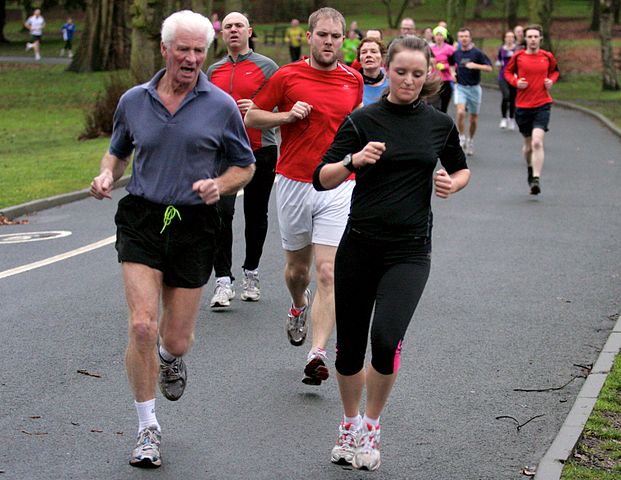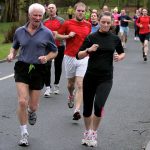
About a year ago I joined parkrun and I still have the enthusiasm of a new convert. It’s a great way to start the weekend, running in a park with about 300 other people, improving your MSK health as you go, and then coffee and a chat after. So I was delighted to hear that parkrun UK and the Royal College of GPs have launched an initiative encouraging GP practices to become ‘parkrun practices’. GPs in this film talk about why they take part in parkrun and suggest it to patients. The potential benefits of getting patients involved – running walking or even just volunteering – are enormous. No cost to the patient or the NHS. It got me thinking about how the NHS still undervalues the voluntary sector.
A lot has been written about the difficulties of NHS and voluntary sector working effectively together: the different cultures, assumptions and ways of working. Lack of understanding on both sides can get in the way of realising the potential of joint working.
ARMA is in a perfect position to break down some of these barriers, as our membership includes both patient and professional organisations. I wonder what we can do to encourage MSK clinicians and services to maximise the value of the voluntary sector, whether it’s the contribution patient support organisations make, or the public health benefits of parkrun.
Patient organisations also provide a lot of support for clinicians. We know that diagnosing and referring patients with less common MSK diseases is difficult for GPs. Several ARMA members have produced information for primary care staff to help them identify people who need referral to a rheumatologist. To help GPs, and anyone who may be the first point of contact for a person with an MSK condition, we are highlighting these resources during the last week in July. Look out for the information about Less Common MSK Diseases Week on the ARMA website or at #ThinkRheum on twitter.
MSK conditions are complex and impact on all aspects of a person’s life. Living with a long-term condition will always involve a network of support, including healthcare but also family, community and voluntary organisations. The voluntary sector has a big role to play – everything from running to information for GPs.

